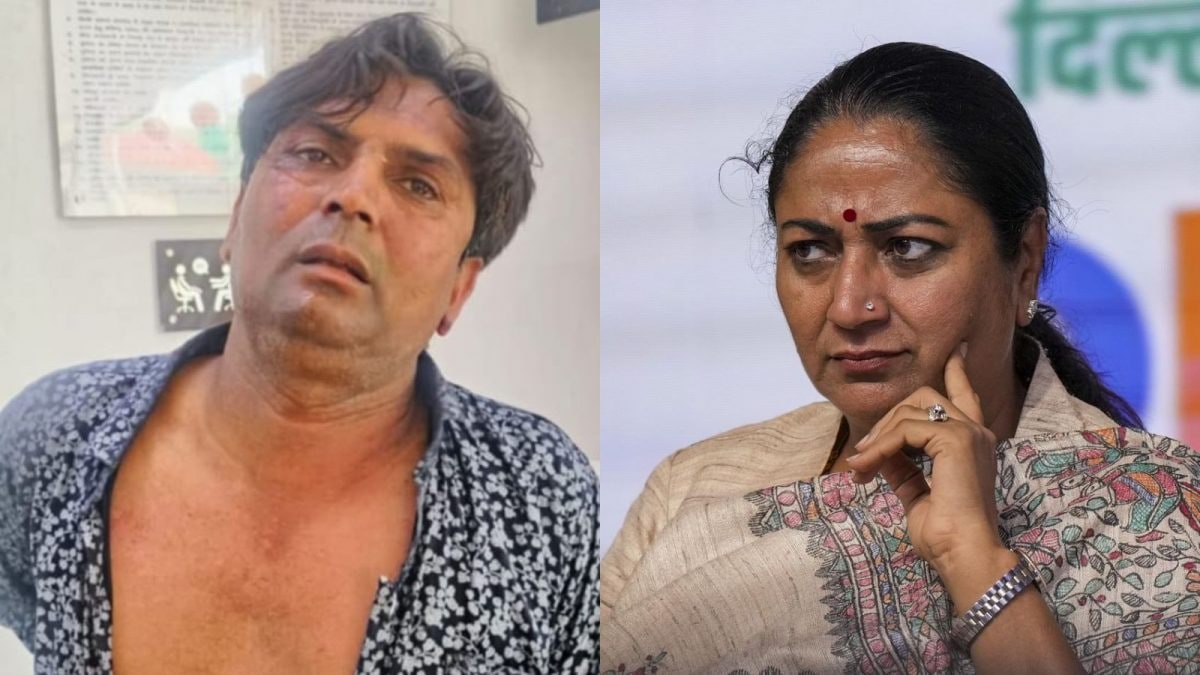A scheme launched by the State government in partnership with the World Bank to provide replanting subsidies has come under fire from rubber growers in Kerala, who allege that its selective district coverage will not only deprive many of Rubber Board benefits but also deepen regional disparities.
The initiative, Kerala Climate Resilient Agri-Value Chain Modernisation (KERA) Project, offers a replanting subsidy of ₹75,000 in two phases. Applications have been invited from growers who have replanted rubber this year, as well as those planning to replant within the year.
However, eligibility is restricted to growers in just six districts comprising Malappuram and Kannur in the north and Ernakulam, Kottayam, Pathanamthitta and Thiruvananthapuram in the south. This leaves out large swathes of rubber cultivation in districts such as Idukki, Kollam, and Thrissur, prompting discontent among farmers.
The growers say farmers who avail themselves of subsidies under the KERA project will have to forgo the replanting subsidy of ₹40,000 per hectare provided by the Union government through the Rubber Board.
“This effectively means that the actual additional benefit under the KERA scheme amounts to only ₹35,000 a hectare. It will also drastically reduce the number of applications for replanting subsidies from Kerala and derail the activities of the Rubber Board in the State,” says Babu Joseph, general secretary of the National Consortium of Rubber Producers Societies.
Similar rubber development schemes exist in the north-eastern States, where assistance of up to ₹1.5 lakh is provided. However, in those States, the entire amount is disbursed through the Rubber Board, he says.
Rubber Board sources, meanwhile, clarified that each application under the KERA scheme will require inspections by its field officers. However, the reports prepared by these officers will ultimately have to be certified by the Rubber Board.
Officials also highlight the heavy financial burden of running the project. “A substantial sum will be required over the five-year period till the scheme remains active. While KERA officials will undergo training alongside Rubber Board officers, this only leads to duplication of work, since the final approval of subsidy applications still rests with the board,” an official said.



.png)
.png)
.png)
















 22 hours ago
3
22 hours ago
3









 English (US) ·
English (US) ·